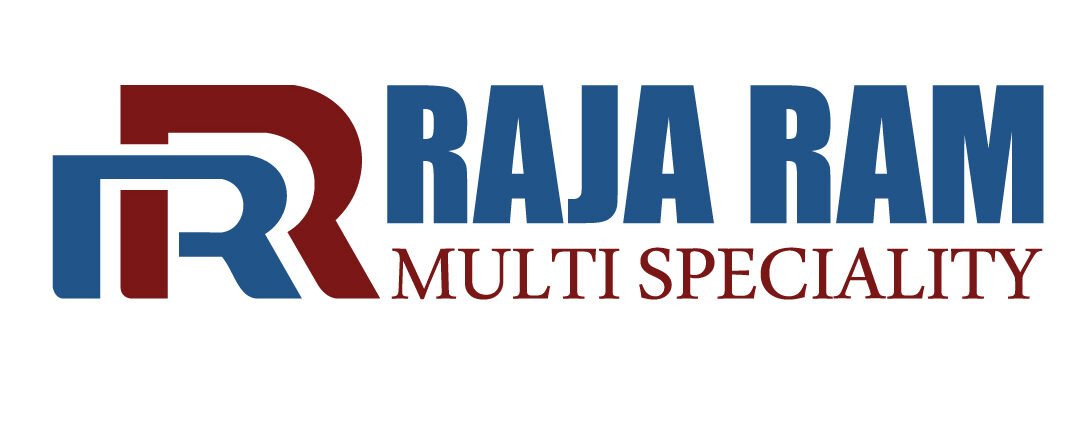
Hypertension
Hypertension, or high blood pressure, is a common and serious medical condition characterized by the force of blood against the walls of the arteries being consistently too high. Blood pressure is measured in millimeters of mercury (mmHg) and is expressed as two values: systolic pressure (the pressure when the heart beats) over diastolic pressure (the pressure when the heart is at rest between beats). Normal blood pressure is typically below 120/80 mmHg.
Causes and Risk Factors:
Age: The risk of hypertension increases with age as blood vessels naturally become less flexible.
Family History: Individuals with a family history of hypertension are more likely to develop the condition.
Obesity: Excess body weight, especially around the abdomen, is a significant risk factor.
Lack of Physical Activity: A sedentary lifestyle contributes to hypertension.
Unhealthy Diet: High salt intake, low potassium intake, and a diet rich in processed and fatty foods can contribute to hypertension.
Excessive Alcohol Consumption: Heavy drinking can lead to hypertension.
Chronic Kidney Disease: Impaired kidney function is closely associated with hypertension.
Complications:
Heart Disease: Hypertension can lead to coronary artery disease, heart failure, and other cardiovascular issues.
Vision Issues: Hypertension may damage blood vessels in the eyes, leading to vision problems.
Peripheral Artery Disease: Reduced blood flow to the limbs can result from hypertension.
Prevention and Management:
Healthy Lifestyle: Adopting a healthy lifestyle is crucial for preventing and managing hypertension. This includes maintaining a balanced diet rich in fruits, vegetables, and whole grains, regular physical activity, and weight management.
Medications: In cases where lifestyle changes are insufficient, medications may be prescribed to help control blood pressure.
Regular Monitoring: Regular blood pressure monitoring is essential for individuals with hypertension to track their levels and assess the effectiveness of interventions.
Stress Management: Stress reduction techniques, such as meditation and deep breathing exercises, can contribute to blood pressure control.
Regular Check-ups: Routine medical check-ups are important for monitoring overall health and addressing hypertension.
Given its often asymptomatic nature, hypertension is sometimes referred to as a “silent killer.” Regular screenings, a healthy lifestyle, and timely medical interventions are crucial for preventing and managing hypertension effectively, reducing the risk of associated complications.

